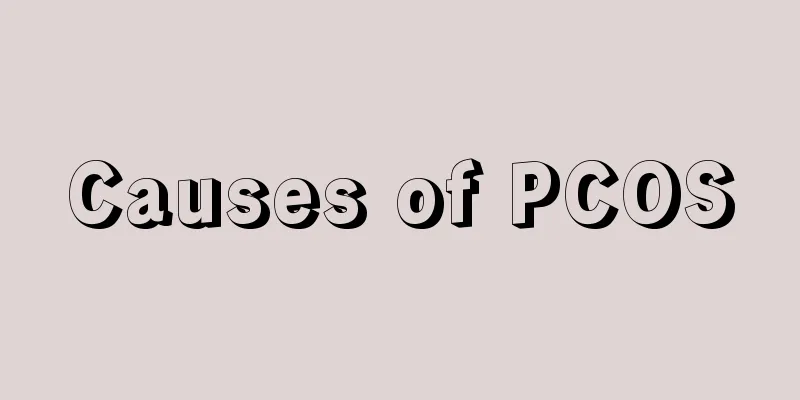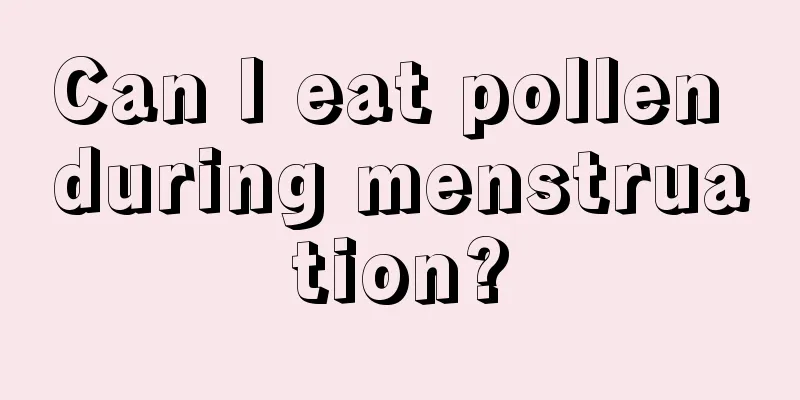Causes of PCOS

|
Polycystic ovary syndrome is a common disease among infertile women. Because the disease can cause ovulation disorders in women, many women with polycystic ovary syndrome cannot become pregnant normally. Clinically, it has been found that polycystic ovary syndrome not only causes infertility, but may also cause endocrine disorders in women, causing hirsutism and acne, which has a relatively serious impact on women's lives. Therefore, understanding the cause of polycystic ovary syndrome and carrying out targeted treatment are the key for patients to get rid of polycystic ovary syndrome. The cause of PCOS is still unclear, and the pathological mechanisms involved are very complex. It is generally believed to be related to dysfunction of the hypothalamus-pituitary-ovarian axis, adrenal dysfunction, genetics, metabolism and other factors. 1. Genetics PCOS is an autosomal dominant, X-linked (sex-linked) inheritance, or a disease caused by gene mutation. The chromosome karyotype of most patients is 46,XX, and some patients show chromosome aberration or mosaicism such as 46,XX/45,XO/46,XX/46,XXq and 46,XXq. 2. Adrenarche hypothesis PCOS originates from prepubertal adrenal disease, that is, when subjected to strong stress stimulation, the zona reticularis secretes too much androgen, which is converted into estrogen outside the gonads, feedback-induced disturbances in the GnRH-GnH release rhythm of the HP axis and an increase in the LH/FSH ratio, which subsequently causes increased ovarian androgen production, that is, the adrenal glands and ovaries jointly secrete more androgen, leading to hyperandrogenemia. Hyperandrogenism causes thickening of the ovarian capsule fibrosis, inhibits follicular development, and causes ovarian cystic enlargement and chronic anovulation. Traditional Chinese medicine believes that this disease is mainly caused by kidney deficiency, phlegm and dampness, qi stagnation and blood stasis, damp heat in the liver meridians, etc., which lead to dysfunction of the kidney-tiangui-chongren-uterus axis, resulting in amenorrhea and infertility. This article has analyzed the causes of polycystic ovary syndrome. Patients need to pay attention when treating the disease. The treatment of polycystic ovary syndrome is relatively complicated and requires long-term attention and treatment. Therefore, it is recommended that patients must have enough confidence, especially women who have not yet given birth must pay enough attention to the disease. |
<<: Principles of prevention of premenstrual syndrome
>>: What should I pay attention to after pregnancy with thin endometrium
Recommend
How to quickly stop coughing during breastfeeding
We all know that cough is a common respiratory di...
What are the plants in the Nordic style? What plants are suitable for the Nordic style?
We all know that Nordic style is a popular decora...
Can I get the nine-valent vaccine after getting the four-valent vaccine?
HPV vaccine, also known as cervical cancer vaccin...
What are the colors of bougainvillea? How to grow bougainvillea in winter
Bougainvillea is a general name for plants of the...
What is the correct way to remove hair with beer?
Maybe many people have heard of using beer for ha...
Does ovulation bleeding cause stomach pain?
Women are already accustomed to vaginal bleeding,...
Globalwebindex: Apple's Mac enters its 30th year - but its overall market share is still only 4%
Almost thirty years ago today, Apple sold its fir...
Is it better to have a painless or painful abortion for an unexpected pregnancy?
With the development of society, some of people&#...
Cervical smear with inflammation
In daily life, many people often come into contac...
World Rabies Day丨Many people used to die at the hands of mad dogs, until he appeared...
Today is September 28, the 16th World Rabies Day....
Treatments for ovulatory mucus
Many of us may not know much about ovulation mucu...
Trend Micro: Android malware is expected to reach 130,000 in Q4 2012
Android malware surges, study finds In the early ...
How many days does it take to delay your period by taking emergency contraceptive pills?
It is normal for menstruation to be delayed due t...
How to treat sore throat caused by cold during pregnancy?
During pregnancy, pregnant women are prone to get...
How to abort an ectopic pregnancy after one month
There are two ways for women to get pregnant, one...









